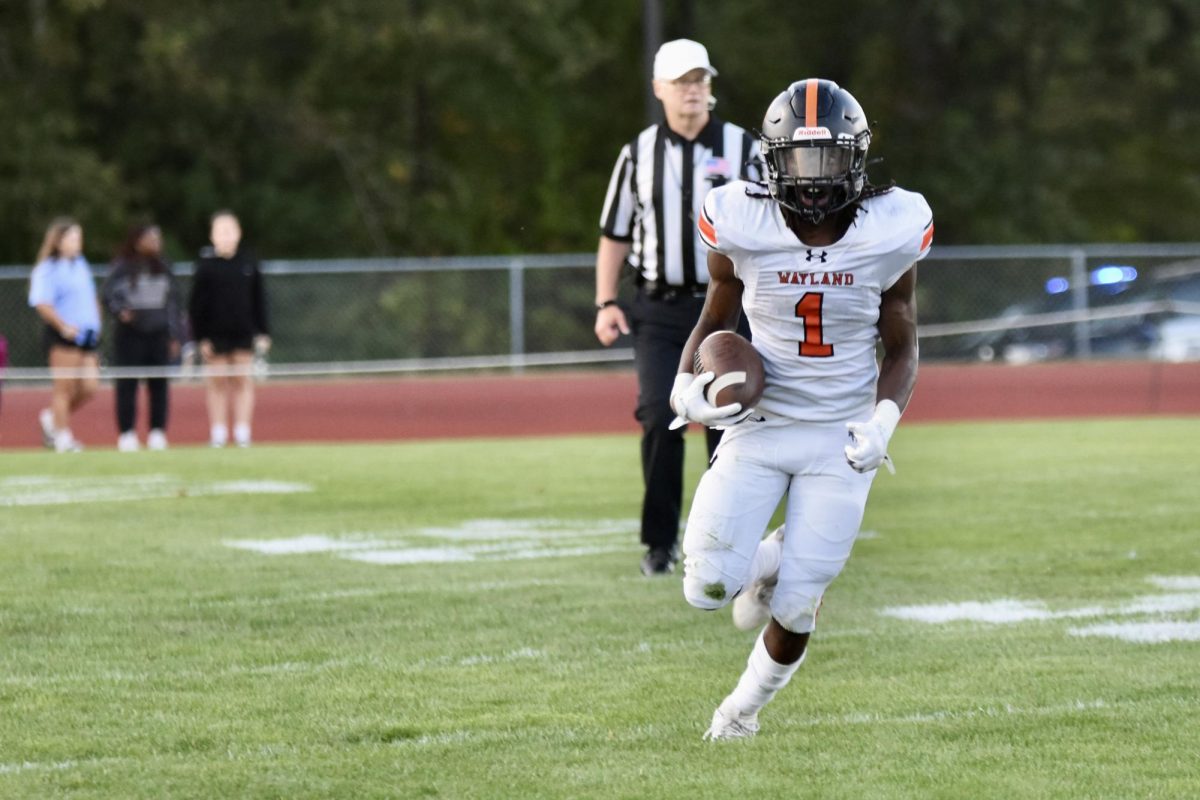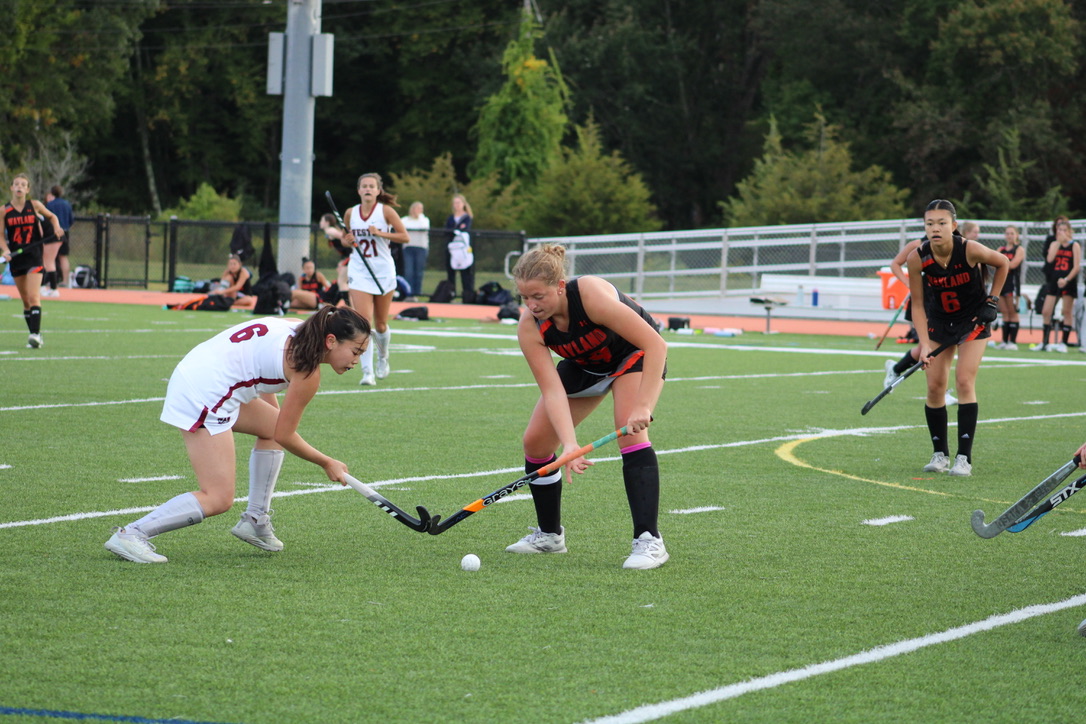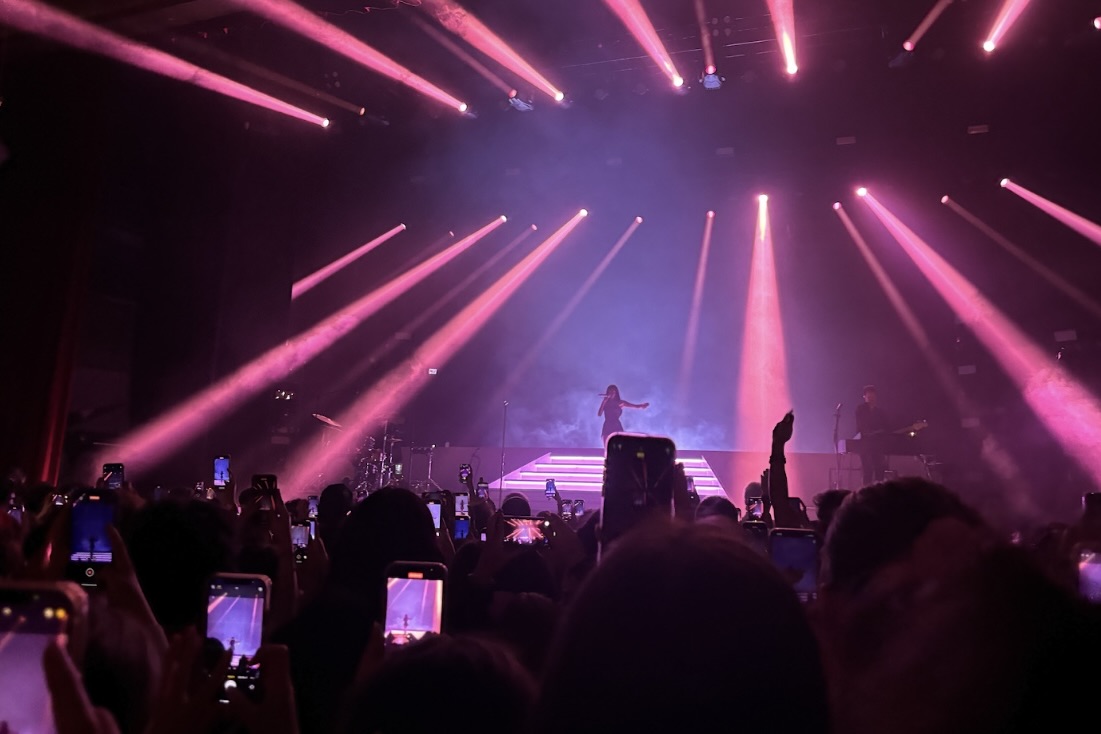The clocks are ticking. You’ve spent weeks preparing, making sure you are ready for this exact moment. Screens surround you, the same image glowing at you from multiple devices. You’ve made it past the lobby, barely survived the waiting room and have finally made it to the queue. The words “1,000+ people ahead of you” taunt you, as your dreams are just out of reach. This is the average experience of a fan trying to get tickets to their favorite artist. This is Ticketmaster.
Live music has always been a break from reality and a chance for people to escape and surround themselves with people who share the same love for music. But in recent years, the process of acquiring tickets has become arduous. Not only have concert tickets increased 34% in price since 2018, but it’s almost impossible to buy tickets before ticket resellers. To make matters worse, the same ticket resellers inflate the ticket prices even higher.
Fans have taken to social media to express their anger over the ticket buying process, sharing their thoughts with people who feel the same. One popular TikToker, who goes under the username @avascreams, took to her platform with over 4.1 million followers to rant about her experience buying concert tickets in 2024. She referred to the process as a “blood battle” and said it was like “preparing to fight on the front lines.” Enjoying live music should not be a puzzle, competition or something worth dropping thousands of dollars over.
Ticketmaster’s poor system has been recognized as a monopoly and is in the process of being sued by the U.S. Department of Justice. During the presale of Taylor Swift’s Eras Tour, chaos broke loose as thousands of fans tried to get into the queue all at once, causing issues with the distribution of tickets. Many fans who got codes were left with nothing because every last ticket was sold through the presale, which isn’t supposed to happen. After that, controversies surrounding Ticketmaster and their control over the ticket industry emerged. The Senate Judiciary Committee began an antitrust investigation, leading to a lawsuit against Ticketmaster and its parent company, Live Nation Entertainment. The company is being accused of running smaller promoters out of the business while burying its own customers in fees.
The struggle to obtain concert tickets is so severe that it has affected traditions we thought would never die out. We first attended the annual iHeartRadio Jingle Ball concert in second grade. This night is one of few that we can still picture vividly from such a young age. Both of us are still able to feel the thrill of the crowd and the vibrations from the speakers of the jam-packed TD Garden. The joy we experienced made us desperate to return the following year. Once again, tickets were easy to come by, and at a reasonable price too. Making a yearly tradition out of the event, we pushed to go every December when the concert rolled around. Over the course of the next couple years, ticket sales were harder to manage. We began to hunt for connections within the venue–people who could hook us up with tickets that were unattainable to the general public since we couldn’t manage to find them elsewhere. Eventually, we had to abandon the tradition, accepting defeat when the process of acquiring tickets wasn’t worth the price of them.
As Taylor Swift fans, we both went to great lengths when trying to secure one or two seats to her highly anticipated “Eras Tour.” Our families were signed up for presale, and one of us even stayed home to make sure that the purchase was handled properly. But, after all that, neither of us ever received a code until all the tickets were bought up. We did manage to buy tickets at a much higher price from a reseller, but we could have saved much more money had we got them in the regular sale.
It is unfair that people are able to clear out stadiums when buying off of Ticketmaster just to resell them on another site, like Stubhub, for three times the price. The average person does not have thousands of dollars to spend on concert tickets, no matter how much they love and resonate with the artist. Concerts should not be something that only the wealthy can afford and enjoy. Music should be something that brings everyone together, not a race where there are winners and losers.




























